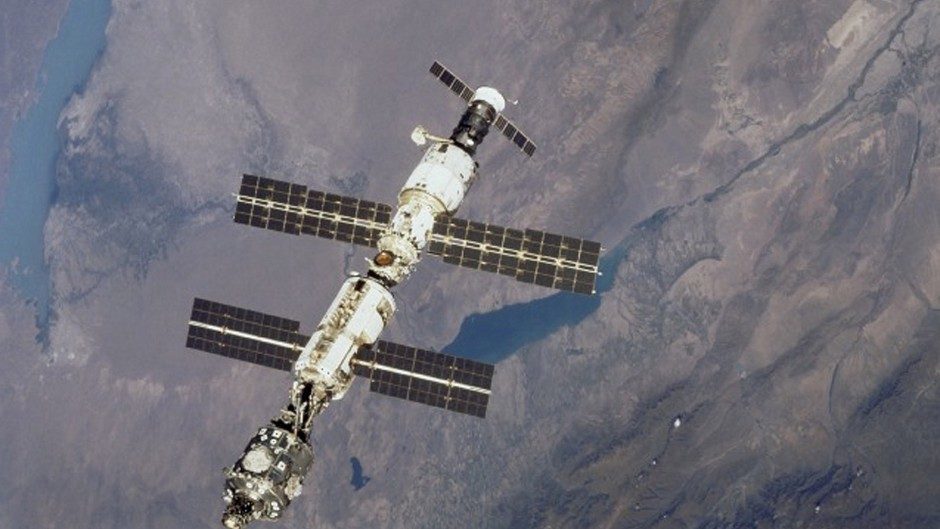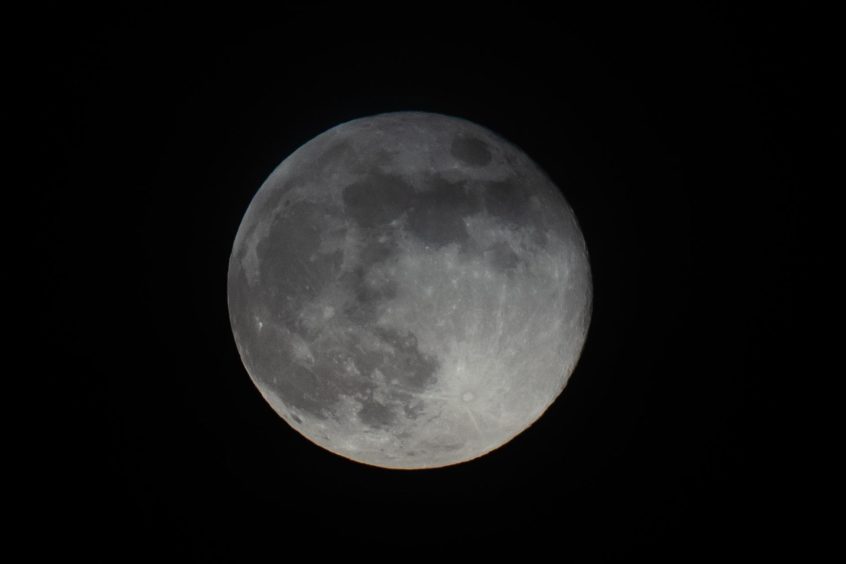An ambitious biomining space experiment involving Scots scientists could help pave the way for living on other worlds.
Scientists from the University of Edinburgh are collaborating in the study, which has the potential to provide the resources needed for future missions to the Moon and Mars.
A Space-X rocket will be launched into orbit today, carrying matchbox-sized containers filled with asteroid rock.
Over three weeks, the containers will then be used to grow bacteria and fungi in an incubator to investigate how the microbes and rock interact in reduced gravity.
Scientists will investigate how the microbes extract materials from rocks in space.
Experiments on the International Space Station have shown that the process of “biomining” will work in microgravity.
And it is hoped that in time the discovery could help the first space settlers gather the minerals they need to build a long-term presence beyond Earth.
On Earth, microbes are used in some mining as an environmentally friendly way to access metals.
They digest the rock and what is left behind are the metals that miners need.
If successful, this method would support efforts to explore the Moon and Mars, allowing humans to extract building materials, water or rocket fuel.
Experimenting on the International Space Station (ISS) allows scientists to conduct unique investigations in conditions that cannot be replicated on Earth.
Libby Jackson, human exploration programme manager at the UK Space Agency, said: “If we want to keeping exploring space and pushing the boundaries of what is possible, then we will need to make or find the essential elements required to support life.
“Through our membership of the European Space Agency, UK scientists are able to take advantage of the unique scientific facilities available on the ISS and are at the forefront of efforts to recreate the foundations of life on Earth.
“The new Bioreactor Express programme – which this experiment forms part of – is going to change the way we are able use this unique laboratory, opening up new opportunities for UK scientists and organisations to undertake science in space.”
Scientists at Edinburgh University and Kayser Space, based at the Harwell space cluster in Oxfordshire, have collaborated on the project.
Professor Charles Cockell, of Edinburgh University, said: “To sustain humans permanently beyond Earth we need to get access to useful materials.
“This experiment advances our ability to do that.
“It will also yield new fundamental insights into processes that are useful here on Earth, such as biomining and how microbes form biofilms that foul our pipes and industrial plants.”


